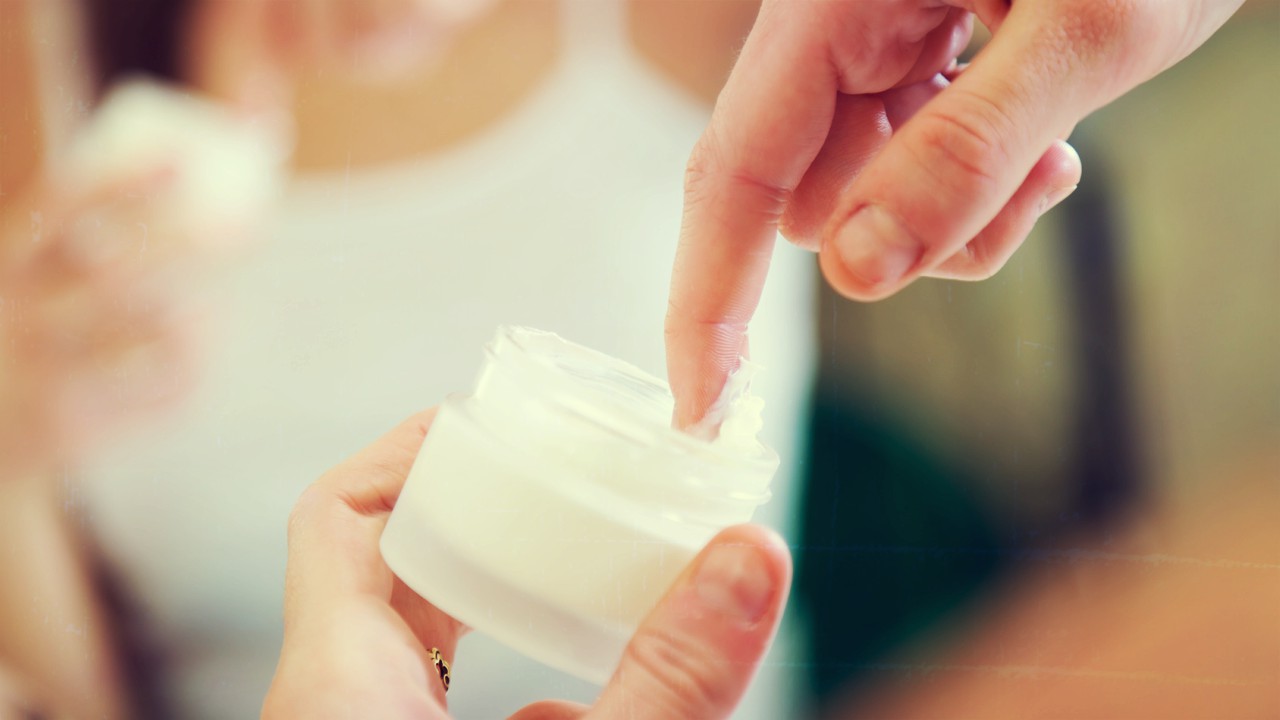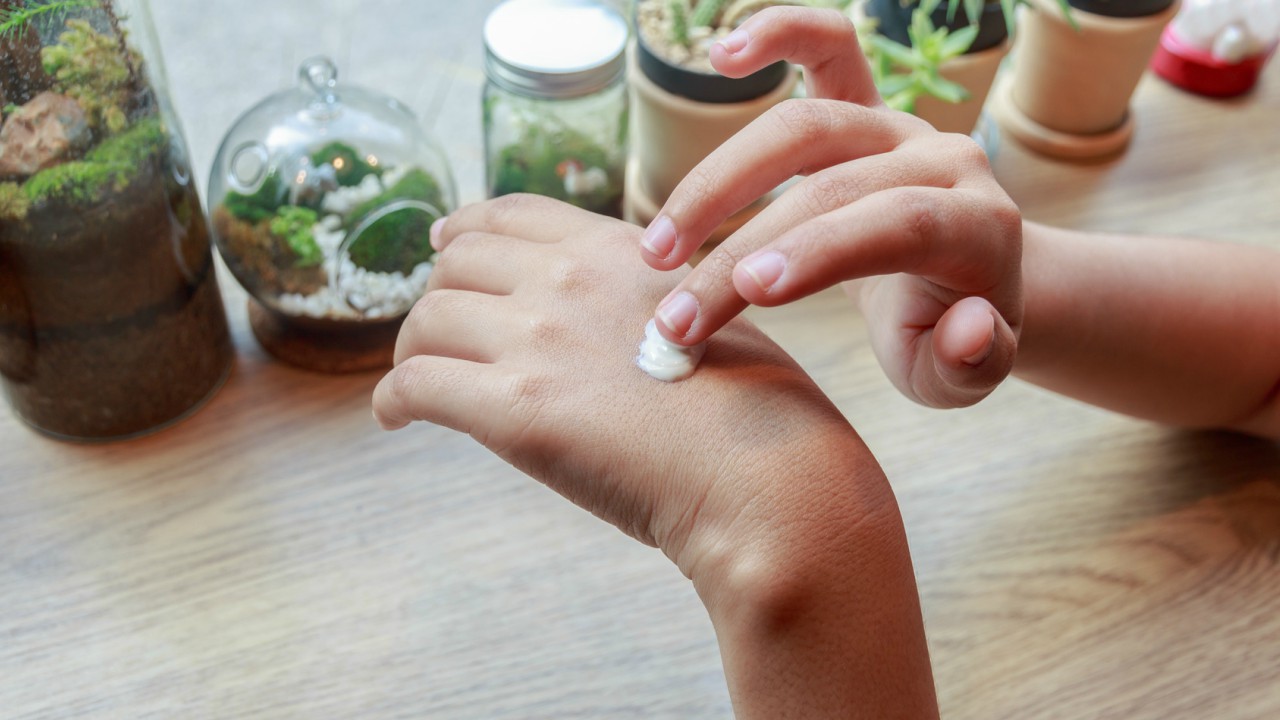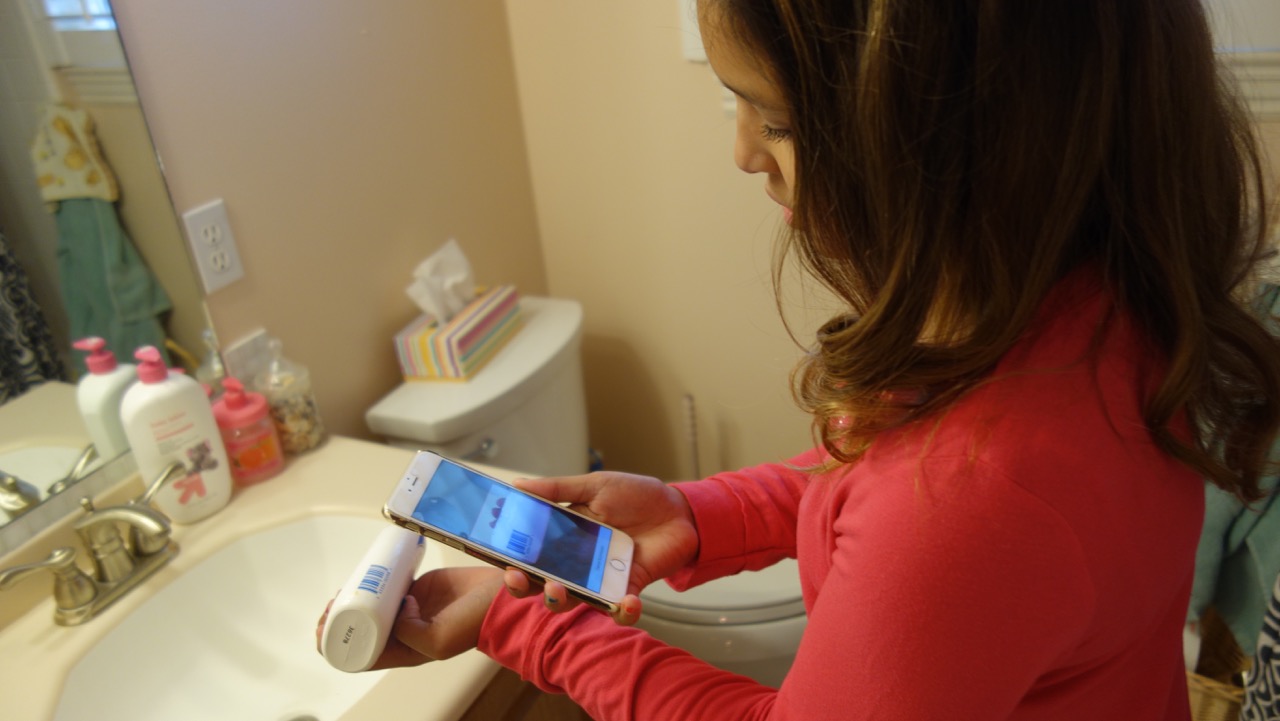 Via Unsplash
Via Unsplash
It might seem logical that if you're looking for maximum protection from the sun's damaging rays, you'll look for the SPF with the highest possible number. But somewhere along the spectrum, increasing numbers just doesn't guarantee increased protection.
For instance, SPF of 15 is said to filter out 93 percent of UVB rays. SPF of 30 blocks 97 percent. According to an article on the EWG website, a sunscreen with an SPF of 50 will offer protection from 98 percent of damaging rays.
And yet, an SPF of 100 does not offer twice as much protection as an SPF of 50. Instead sunscreen with an SPF of 100 offers protection from 99 percent of UVB rays.
JAMA Dermatology found in a survey that more than half of 114 participants don't know what SPF means. (Hint: SPF stands for sun protection factor.)
Many consumers think that SPF is for both UVA and UVB rays but the fact is, it's not. SPF refers only to protection from UVB rays. UVB rays are the main source of sunburn as well as non-melanoma skin cancers.
But what about UVA rays? They go further into the skin and are still dangerous, but some sunscreens may be less effective against them. UVA rays can also come through your windows, and is not filtered by the ozone unlike UVB rays. So feeling that you are safe from sun damage with higher SPFs can be particularly misleading, if they don’t protect against UVA rays.
Broad spectrum sunscreens are the ones that offer protection from both UVA and UVB. Zinc oxide protects against both kinds of rays.
In May 2015, Consumer Reports stated that out of 34 sunscreens evaluated, almost one-third didn't offer the SPF protection promised on their labels. This was reported in an article on NJ.com.
High SFP numbers can also be misleading. The number on a product doesn't necessarily line up with the actual protection being provided. The lighting employed in testing situations in a lab is different from that in the actual out of doors.
According to the Environmental Working Group, people who use sunscreen may be applying less of the product than is required to give maximum protection from UV rays. Unaware that they aren't adequately covered, they spend more time in the sun. When the coverage just isn't there like they think it is, they're going to be vulnerable to more UVA and UVB sun damage.
As the SPF number rises, so too does the content of chemicals which may cause hormone disruption, tissue damage, skin irritation and allergic reactions because of the sunscreen explained the EWG.
According to an article on the Environmental Working Group website, the FDA stated in 2007 that SPF above 50 is misleading to consumers. The EWG concurs with this statement.
Consumer Reports urges people to use a broad spectrum, water-resistant sunscreen with an SPF of 30. Consumer Reports also recommends dressing in long sleeves, wearing hats and heading for the shade occasionally, to complement protection from sunscreen.
Sources:
What’s Wrong With High SPF? EWG.org. Retrieved July 14, 2015.
http://www.ewg.org/2015sunscreen/report/whats-wrong-with-high-spf
Can you trust the SPF label on your sunscreen? NJ.com. Retrieved July 14, 2015.
http://www.nj.com/news/index.ssf/2015/05/not_all_sunscreens_provide_equa...
This Is the Only Sunscreen Article You Need to Read. Time.com. Retrieved July 14, 2015.
http://time.com/3924609/sunscreen-spf-uva-uvb
Visit Jody's website at http://www.ncubator.ca and http://ncubator.ca/blogger
Reviewed July 16, 2015
by Michele Blacksberg RN





Add a CommentComments
There are no comments yet. Be the first one and get the conversation started!